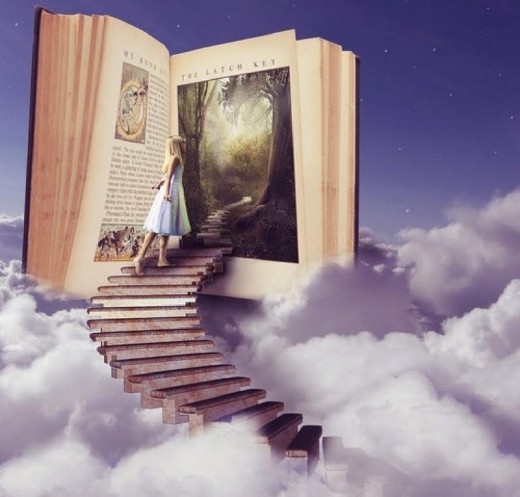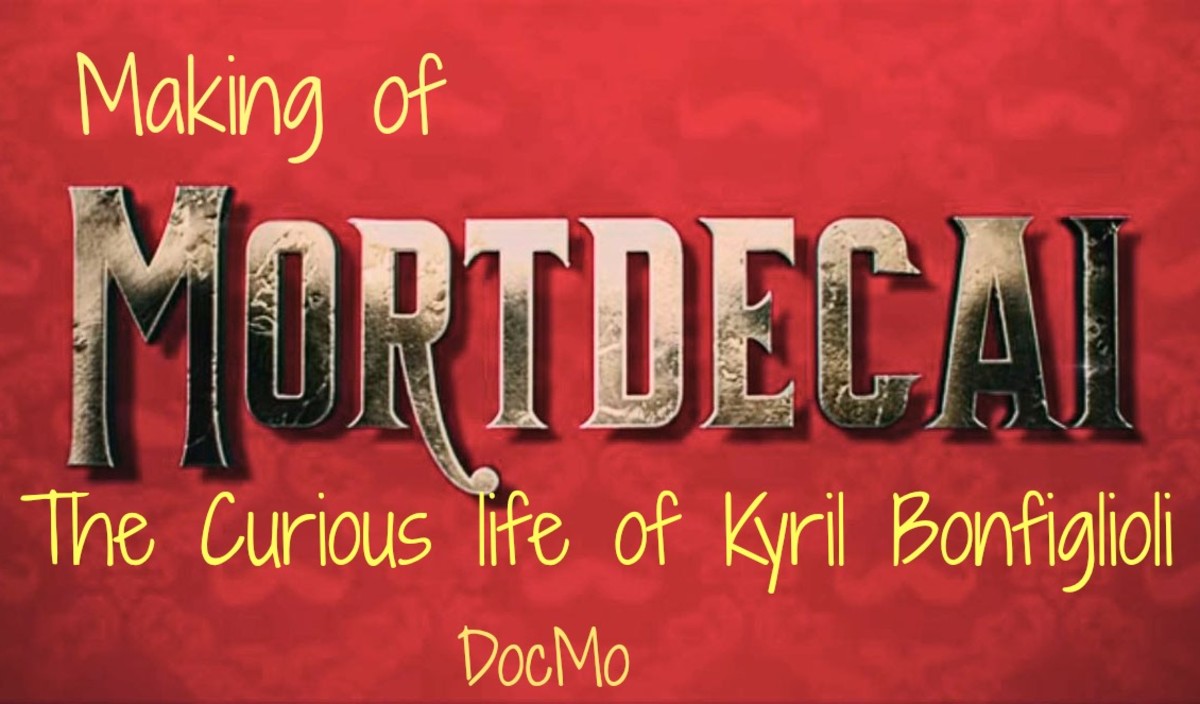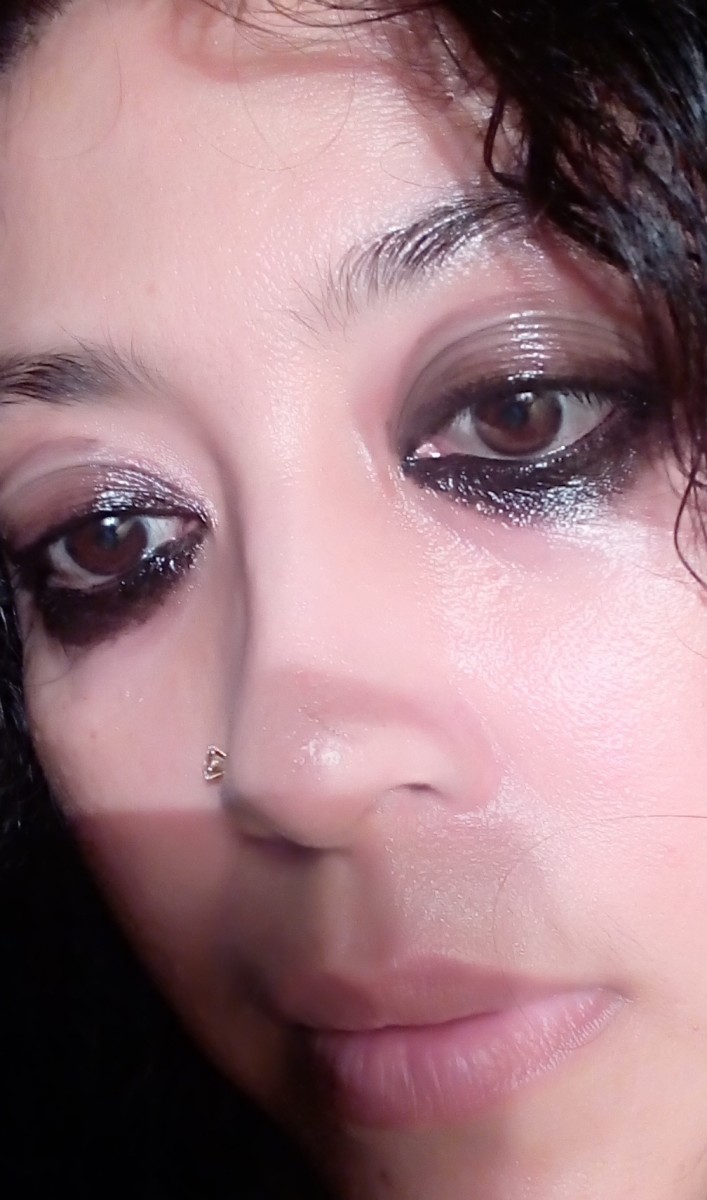We Read Because Life Sucks: What Makes A Novel Great

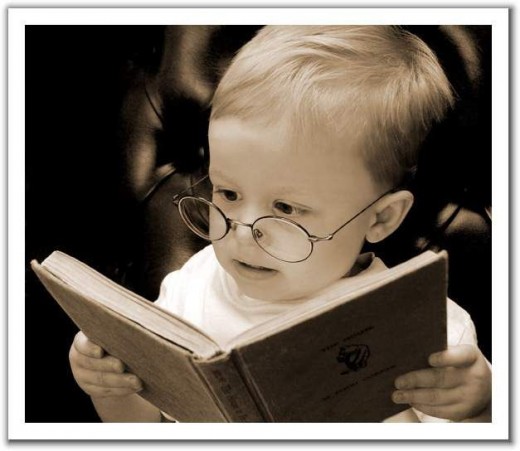
What Makes A “Classic?”
To some degree, the “meaning” of a novel is highly subjective. For instance, let’s say you and I read The Big Sleep. You come out of it questioning your morality and wondering whether or not you would ever sacrifice it in the name of social justice. And I just come out feeling like I’ve read over a hundred pages of Chandler’s sick private fantasies.
Subjective. That’s why novels keep us talking.
But when you get down to it, what makes a book last? The lifespan of some yarns is outstanding; these gems shine through the fluctuating attitudes, beliefs, and philosophies of varying time periods, never seeming to go out of style. (Indeed, will we not always cherish Dante’s morbid glee and the rampant horniness of Odysseus?)
So why do some stories set the soul on fire, while others become buried in the swamp of obscurity only to be forever condemned to literary oblivion?
The answer is soup.
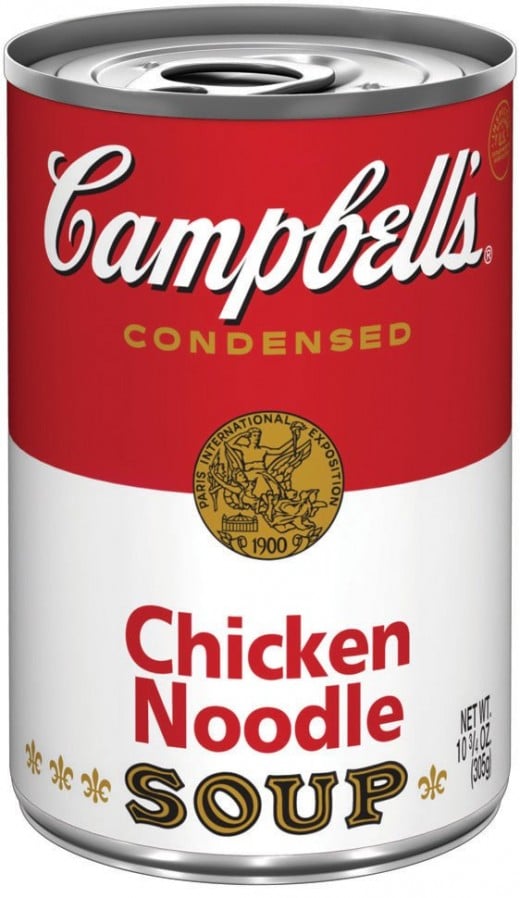
Good For The Soul
When you think about it, a novel is like your favorite soup. You have all sorts of ingredients thrown together in one place, and a really good soup earns the status of ultimate soupness when it has all those key ingredients that just really work together.
And after you find these key ingredients, you have a great bowl of soup on your hands that you can…eat…
Never mind.
I think my metaphor just died on the table before it was barely born. Guess it’s a good thing I’m not a novelist. But I am a blogger with all the answers, and I work very hard to bring you enlightenment on a weekly basis. (If you think bloviating this often is easy, think again. I’m EXAUSTED).
So just for you, I've listed below the three essential ingredients that can be found in just about any good novel.This list is by no means exhaustive, and there are many books out there that may not have all these ingredients. But you will find that a surprising amount do, and the best authors blend them in just the right way so that they produce something that truly speaks to the human condition (much like Campbell’s chicken noodle).
We learn about pain from our earliest stages....

1) Suffering
Suffering is what makes us human. Our problems may be different (i.e., your neighbor’s dad just died while you, in the meantime, are battling a particularly vicious hangnail), but they are never trivial. And the classics do an excellent job of demonstrating suffering in all its forms.
For instance, why do we care about Jane Eyre, the plain, somewhat self-righteous, and overly dramatic governess of some creepy old man whose attraction to her borders on pedophilia?
(Slight digression to give you some uncomfortable stats here: did you know that Rochester is about 40 and Jane is about 18, which is roughly the same 20- to 25- year age gap between Humbert (who is 37ish) and Dolores (who is 12ish) in Nabokov’s Lolita? Aren’t you glad I pointed that out? I know it’s a bit late, but Merry Christmas.)
Questionable romances aside, why do we connect with Jane? It is because she is pulled between what is right and what she wants—and isn’t this a suffering that we all experience every day?
Also think about the unbearable Raskolnikov, an arrogant pustule who think his supposed intellectualism gives him the right to take a life. Why do we give a crap? It’s because he undergoes a moral agony that, while self-inflicted and deserved, can hardly help but touch our hearts because it implies the existence of a conscience—albeit a twisted one. And there is no pain worse than a suffering conscience.
And what about Edward in Twilight—nah, I’m just screwing with you. We all know Twilight’s not an actual book, just back up toilet paper.
But the point is that we as humans experience pain, pain, and more pain. We can’t get away from it, and the best novels take the time to explore this unpleasant yet very real aspect of human existence.

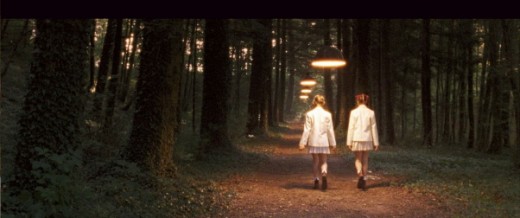
2) Innocence
We tend to pair the quality of innocence with children, and when the term is used for an adult, it is rarely seen as a good thing. In fact, we often associate it with a stream of negative synonyms: “naïve,” “sheltered,” or even “dysfunctional.” But innocence only means wholesome, unspoiled, pure—and there is something very attractive about it.
What is Dostoevsky’s The Idiot about but a purely innocent man who self-destructs because he cannot adapt to a world that is dark, corrupt, and dishonest? The paradox of “the Prince” is that every other character holds him in contempt while being simultaneously and inevitably attracted to him. But the more these characters come to him, the more the Prince becomes like honey with too many flies. His pure flavor is spoiled and, unable to cope, he is literally driven insane. It’s because of his ruined innocence that the book is so tragic.
And what about Gatsby? We are quick to label him as a delusional boob, but isn’t he more pitiable than anything else, simply because he lives in a world that no longer accepts him? The deceit of his acquaintances escapes his notice because, with the determination and doggedness of a child, he believes in the purity of nostalgia. And this belief destroys him.
And even those books labeled as “children’s literature” last the decades because adults read them as well. Consider the children of Narnia, who show us how to believe in wonder, and the sweet Anne Shirley, whose trusting nature reminds us of the power of love that is fueled by innocence unspoiled.
We learn a lot from these characters, for they show us the beauty of a trait that can help us see all of reality more clearly, with eyes stripped of the prejudice and skepticism we so often develop as adults.

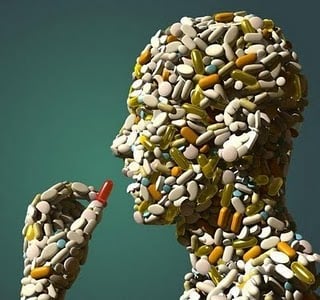

3) Uncomfortable
Now, I’m not talking about novels that go out of their way to be sexually explicit or gory in order to earn a buck. After all, there is a fine line between uncomfortable and exploitation. I’m talking about the tales that confront us with the dirty aspects of our society or our own personal psyches.
For instance, think of Madame Bovary. It’s seems to just be about a bored housewife and her lovers. Actually, it’s a disturbing exemplification of the female psyche gone horribly wrong. Emma takes the female desire to be loved and pursued to startling levels. She presents an uncomfortably plausible portrayal of the consequences that can arise from an imagination unchecked.
Also consider Huxley’s Brave New World, a portrayal of a world that finds promiscuity laudable and monogamy unnatural; it considers the procreative aspect of sex as something to be repressed and even eliminated; it views intercourse as nothing but a casual pastime. Many aspects of this novel could have been written to describe our world, and the chillingly prophetic language can make modern readers uncomfortable—if not downright depressed.
Finally, think about Undine in Wharton’s Custom of the Country. (We’ll pass over the absolutely hideous name for the time being. But seriously Wharton, what the hell were you thinking? It sounds like the name of a bathroom cleaner.)
Undine spends the book jumping from marriage to marriage in a constant attempt to gain power, money, and dominance. It’s easy to laugh at her, but we laugh because if we don’t we’d get uncomfortable. Can we say we’ve never chased greedily after something, grasped it blindly, obtained our desire, and then become immediately dissatisfied and gone on to the next thing? Humanity is perpetually restless, and we can hardly condemn characters who hold up a mirror and challenge us to look into our own hearts.
Life Sucks, Read Books
We read novels for many reasons. Sometimes we're looking for an escape. At other times, we want to see how an author or character explains or explores a particular problem that we may be struggling with at the time. Or maybe we just read when Netflix crashes and there's nothing else to do.
But storytelling has always been a part of us as a race. In the beginning we drew on caves to tell a good yarn; then we tapped on typewriters; now we drum away on shiny laptops. As long as we've been here, we've had a knack for the fantastic. We itch to express our pain, sorrow, joy, laughter, existential crises--and to share what we learn with every new generation.
